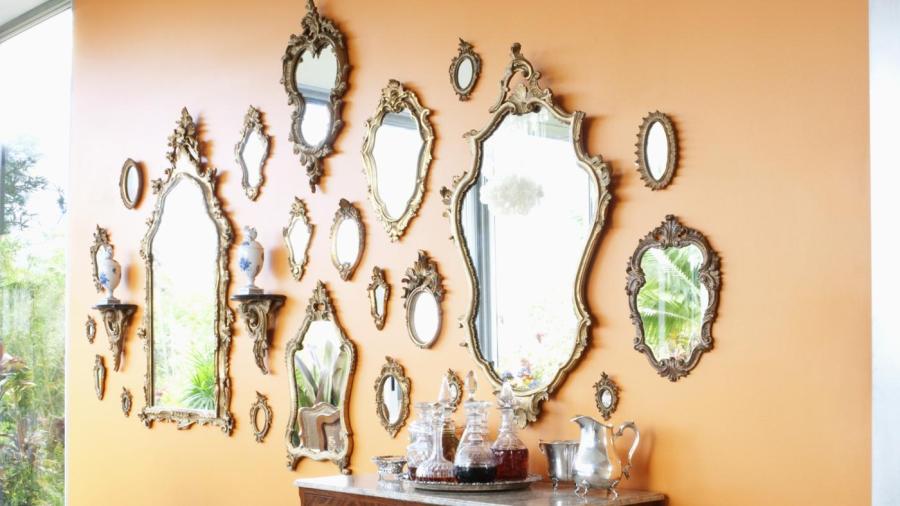Why Do People Cover Mirrors After Someone Dies?

Some people cover mirrors when someone dies because of an old superstition, and others cover mirrors in deference to their religious customs. A Victorian superstition held the first person to see his own reflection after someone in the house dies is the next one to die; however, many Jews cover their mirrors for reasons having to do with their religious beliefs.
If a Jewish family is holding services for the deceased person in their home, they need to cover the mirrors so that no one sees his own reflection during the service. Jewish law forbids worshiping in front of an image regardless of whether it is an icon or an image in a mirror or a picture.
Symbolically, mirrors represent a place where one can see how he appears to society. Grieving, in a traditional Jewish context, is a time of loneliness, and by covering the mirrors, a mourner can focus on his own grief rather than his appearance to others.
In Victorian times, mourners also stopped the clocks and closed the pianos. Stopping the clocks reminded mourners to take time out for mourning, and closing the pianos was a symbolic gesture against gaiety. Although Victorians often wore mourning clothes for a year or more, the symbols of death within their homes (like a covered mirror) were typically removed as soon as the funeral was finished.





